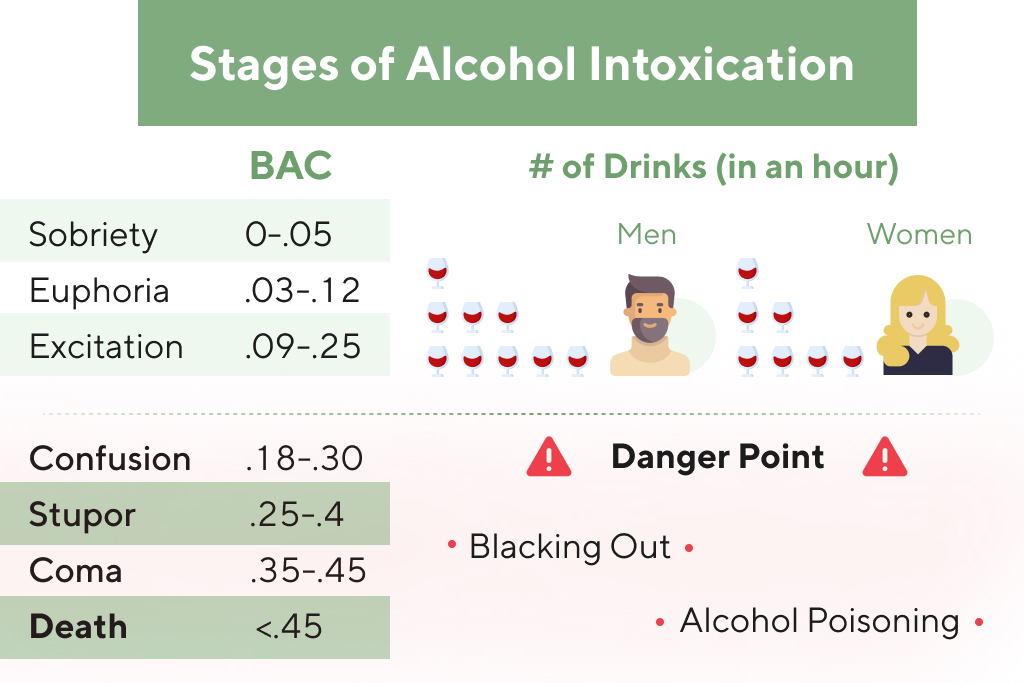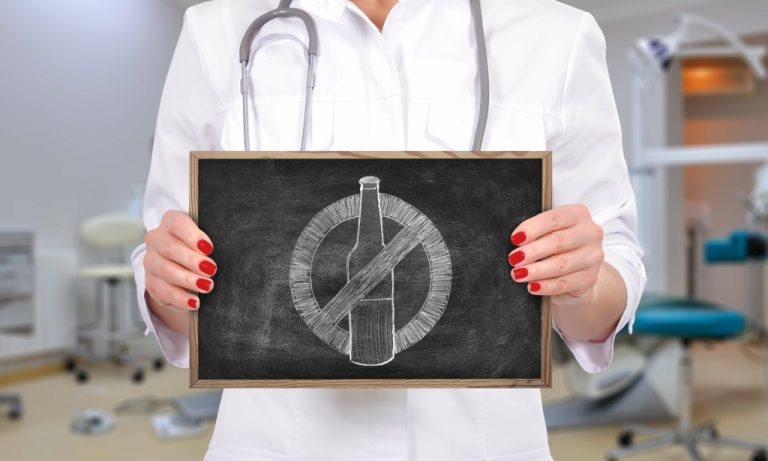Sleep problems are often viewed as one of the last things to improve among people in alcohol recovery. It is also a symptom that poses a significant risk for relapse. You’ll be able to reprogramme yourself back to a time or place where sleep was never an issue. Motivate yourself to stick to the healthier alternative routines and solutions. If you live with other people, ask them to remind you or prompt you, when they notice you breaking your positive new habits.
For light or moderate drinking, you might experience a more temporary, mild effect on mood. This may be more pronounced if you often use alcohol as a way to manage existing sleep problems. Unfortunately, while alcohol may make it seem like you are falling asleep quicker, it can also lead to worse sleep can’t sleep without alcohol quality. This is usually when people start to feel their best after giving up alcohol. By this point, most physical withdrawal symptoms should have subsided and you should start to feel less anxious and more positive. Sleep and Headache Solutions can help you get to the bottom of your sleep issues.
Remedy #8: Phenibut
The best way to do this is to leave longer and longer amounts of time between having a drink and bedtime. Now that you have realised you have an issue with drinking to fall asleep, and you understand why it’s a problem, it’s time to start taking action to stop the habit. When it comes to alcohol and insomnia, many people will struggle to deal with the symptoms alone. As a lack of sleep can worsen other symptoms, it is essential to have the support of the alcohol treatment center professionals you need when decided to stop drinking. The symptoms of insomnia from alcohol withdrawal also tends to worsen other symptoms, such as mood swings and depression.
- The substance causes sleepiness by increasing the functioning of the gamma-aminobutyric acid (GABA) neurotransmitter.
- If you go to bed with alcohol still in your system, you may experience headaches, frequent awakenings, night sweats, more intense snoring, and nightmares.
- This can lead to additional effects like daytime sleepiness and grogginess.
- I’ve discussed amino acids often on this site, because they are the building blocks for neurotransmitters that are depleted by long-term alcohol consumption.
And we quickly build a tolerance for the sedative effects of alcohol, which means you may need to drink more to have the same initial sleep-inducing effects. But that can start a dangerous cycle of more fragmented sleep, followed by heavier drinking. Sustained nightly drinking can establish worrying patterns that can persist even after people have stopped drinking, she and other experts say. Drinking alcohol before bed can increase the suppression of REM sleep during the first two cycles.
Create A Relaxing Bedtime Ritual:
Binge drinking occurs when a man has five drinks, or a woman has four drinks within two hours. This pattern of drinking is linked to insomnia, which can develop after binging. One study on binge drinking and insomnia found that people https://ecosoberhouse.com/ who binged two days a week had an 84% higher chance of having insomnia. Eye movement increases, often seeming to jerk around, breathing increases and can be irregular and shallow, blood pressure increases and dreams begin.

For example, every night when you enter REM sleep (rapid eye movement) your brain stores the memories acquired during your day. After drinking alcohol you spend less time in REM, which explains why you sometimes can’t remember what you did the night before. Developing new ways to fall asleep without alcohol will result in healthier habits, better relationships, and an overall higher quality of life. When it comes to insomnia and alcohol withdrawal, sleep disorder can be a huge danger for two reasons. Firstly, an inability to sleep is a danger to a person’s health.
Break The Cycle Of Drinking Yourself To Sleep
Alcohol can help to reduce feelings of stress, and make you feel more comfortable drifting off into oblivion. Working on your sleep hygiene is another way to help prevent or reduce insomnia. These are changes you can make to your environment and routine to help promote sleep.

The average person’s occasional insomnia is a walk in the park compared to the twitching, spiraling negative thoughts, and intense night sweats alcohol withdrawal can cause. There are many benefits to giving up alcohol, both short-term and long-term. If you’re considering quitting drinking, these benefits may be just what you need to help you decide. Of course, giving up alcohol is not always easy, and there may be some challenges along the way. But if you’re committed to sobriety, it’s possible to achieve your goal.

Deja una respuesta